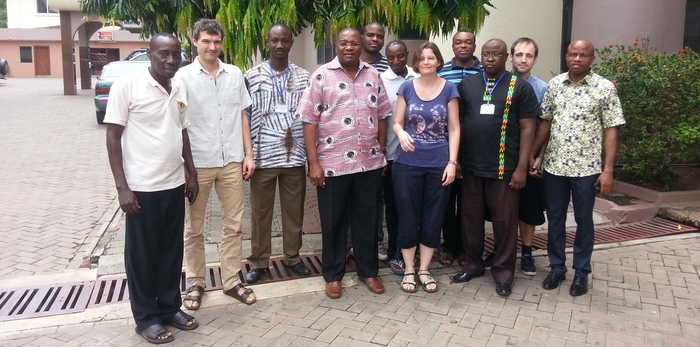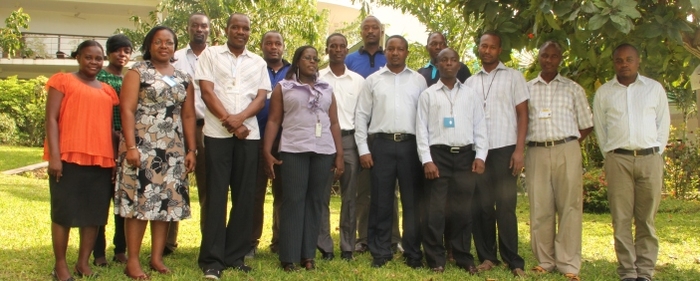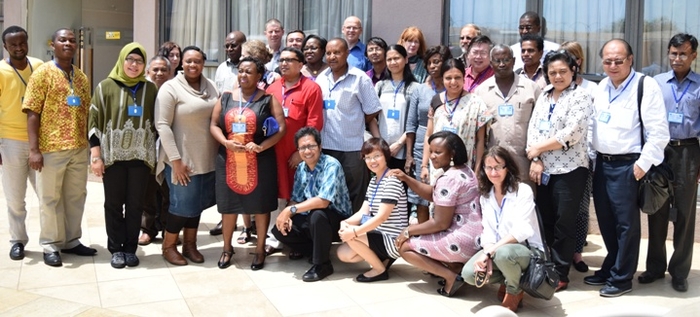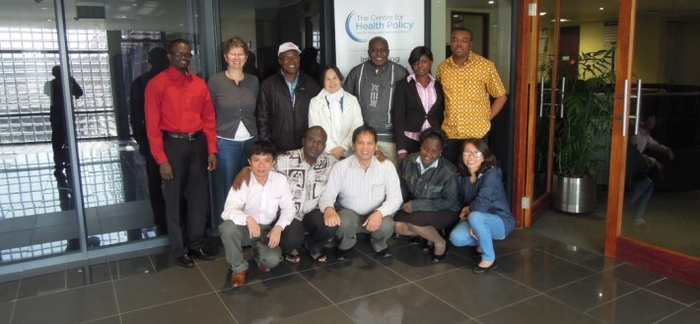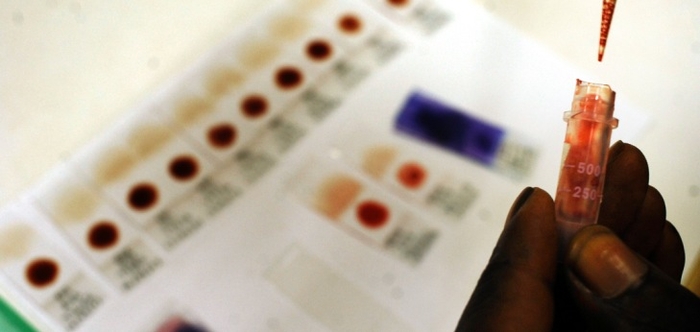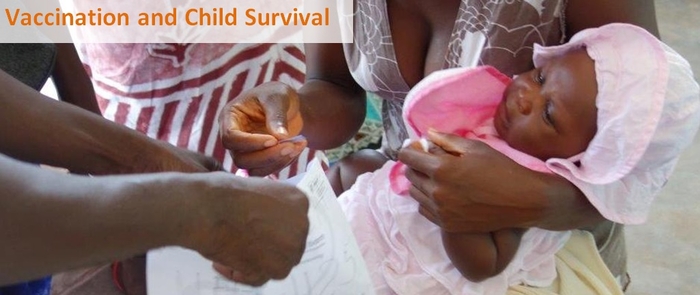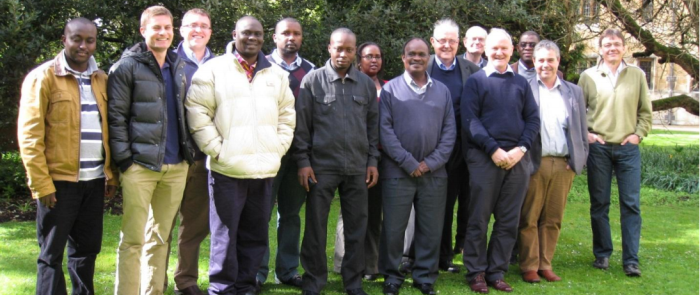
Multi-Centre Projects
The Network streamlines the process of setting up multi-centre studies by linking Centres, Working Groups, external advisors and funders, and by ensuring high capacity and harmonised data among all the sites.
Analysis of INDEPTH multi-centre studies shows that the Network’s Secretariat considerably reduced the cost of developing proposals and executing studies. Leveraging the Network to launch a study ensures:
Faster set-up: Multi-centre proposals arise from strategies and plans already developed by Working Groups co-ordinating with the Resource & Training Centre, they are faster to conceive teams that work together regularly. With a Working Group strategy in place, development of a successful proposal takes roughly half the time and half the cost of one developed from scratch.
Faster analysis: the standardised tools and database platforms implemented by the Network make it easier to merge and analyse data. They eliminate the costly process of data cleaning and harmonisation, enabling researchers to begin analysis almost immediately following data collection and entry.
Improved transparency: The INDEPTH Secretariat’s accounting team is always prepared to support multi-centre studies, reducing administrative costs and ensuring appropriate use of project funds. The Secretariat’s accounting processes have been audited by the Network’s institutional auditors (PWC, KPMG) and vetted by funders over the years, increasing their confidence in INDEPTH.
Multi-Centre Projects

The Network streamlines the process of setting up multi-centre studies by linking Centres, Working Groups, external advisors and funders, and by ensuring high capacity and harmonised data among all the sites.
Analysis of INDEPTH multi-centre studies shows that the Network’s Secretariat considerably reduced the cost of developing proposals and executing studies. Leveraging the Network to launch a study ensures:
Faster set-up: Multi-centre proposals arise from strategies and plans already developed by Working Groups co-ordinating with the Resource & Training Centre, they are faster to conceive teams that work together regularly. With a Working Group strategy in place, development of a successful proposal takes roughly half the time and half the cost of one developed from scratch.
Faster analysis: the standardised tools and database platforms implemented by the Network make it easier to merge and analyse data. They eliminate the costly process of data cleaning and harmonisation, enabling researchers to begin analysis almost immediately following data collection and entry.
Improved transparency: The INDEPTH Secretariat’s accounting team is always prepared to support multi-centre studies, reducing administrative costs and ensuring appropriate use of project funds. The Secretariat’s accounting processes have been audited by the Network’s institutional auditors (PWC, KPMG) and vetted by funders over the years, increasing their confidence in INDEPTH.
HEALTH EQUITY
OPTIMUNISE
No post found

 Call us:(+233)0244806015
Call us:(+233)0244806015  Email
Email 
